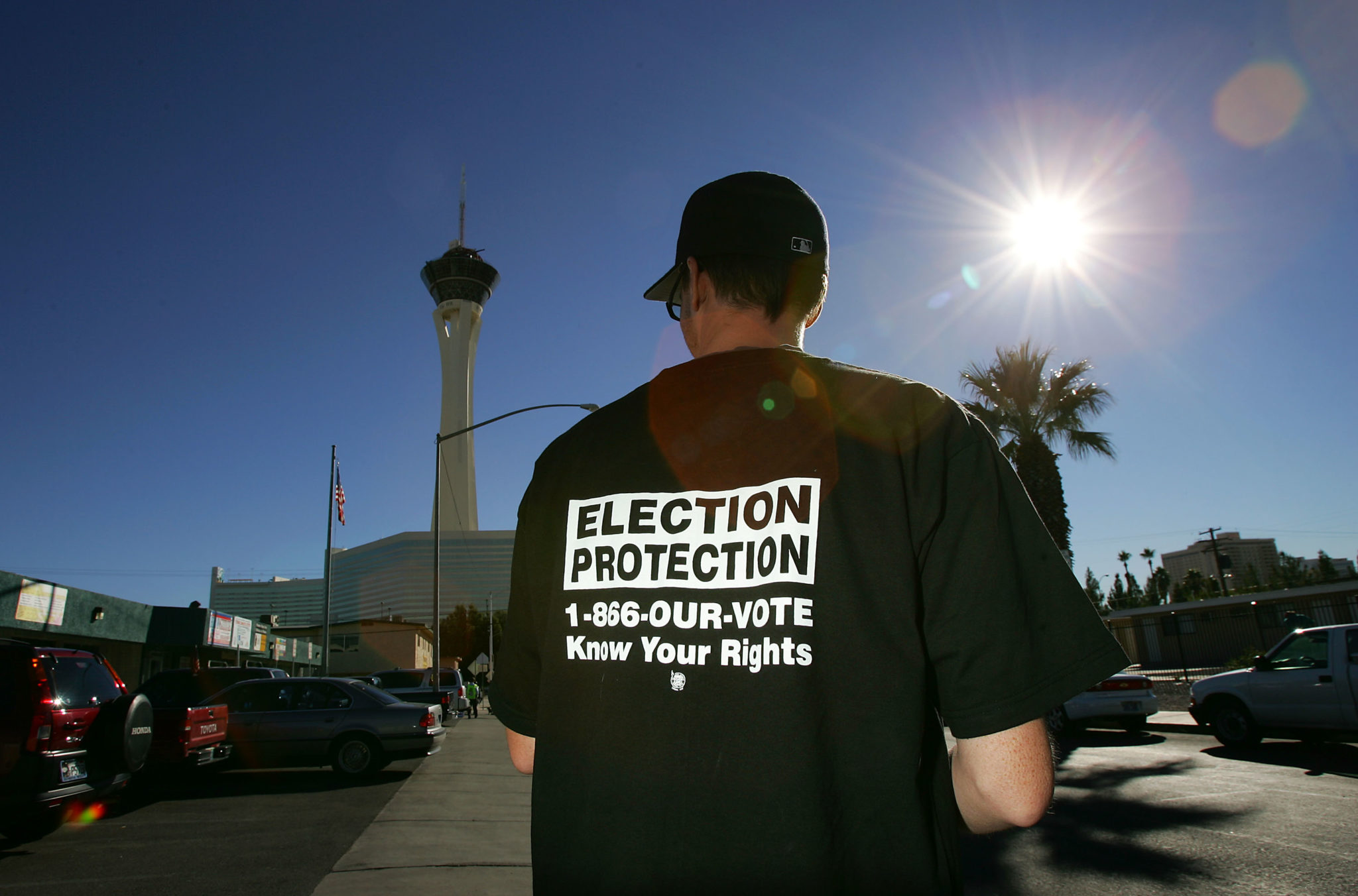New York Times: The Jan. 6 Report Is Out. Now the Real Work Begins.
This response to Watergate was not inevitable. Reform depended on the establishment or expansion of a robust network of organizations, including Common Cause and Congress Watch. Those organizations insisted that legislation creating stronger checks on the executive branch, strengthening Congress and imposing laws to make it easier to hold officials accountable were the only ways to check bad behavior. ...
The problems that the Jan. 6 report highlights are different in nature from the problems during Watergate. Though addressing...
The problems that the Jan. 6 report highlights are different in nature from the problems during Watergate. Though addressing...
